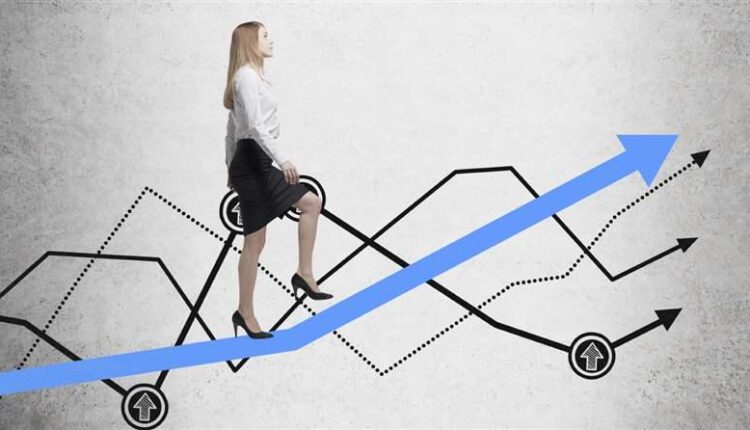These days, big companies like Microsoft, Amazon and Meta are firing their staff simply and with “poor performance”. But What is really poor performance, and how can this dangerous label be avoided?
Former Microsoft Vice President of Human Resources Chris Williams has an interesting view of more than 5 years. He says That is just your duty right Do not do enough. He recommends that employees are actively trying to be seen in the organization and their value to be clear.
What does impact or poor performance really mean?
At first glance, it seems that companies are firing people who do not perform well to reduce costs. But in practice, these assessments often Random and unfair It is done.
So many experienced employees, even those who Decades Had positive feedback, suddenly with a An unexpected negative assessment They have encountered their firing.
It is true that really weak employees (those who are constantly lower than the organization’s functional criteria) must be separated from the organization, but the fact is that companies sometimes They use this label as an excuse to adjust power.
This method helps companies:
- Instead of damaging the news of their brand, the firing is part of the process of “increasing the quality of the workforce”.
- Show their standards up and introduce themselves as a tangible and high quality company.
- To escape the benefits of finishing work and legal obligations in some cases.
- And even prevent charges such as age or job discrimination, because they can always say: “The problem has been the performance of the staff!”
Why is not good enough?
Companies usually have systems that review and modify employees’ poor performance over time. But at the time of adjustment of force, Managers are under pressure to find more people And sometimes Choose people without reasonable reason.
Unknown and tasteful criteria make even capable employees sacrificed. For example:
- Failure to be seen: If no one knows about your work outside your team, you may be very easy to quit.
- Not having strong communication: Work relationships and intra -organizational policies play an important role in expulsion decisions.
- The effect of the last performance: If you haven’t done a lot of work for a long time, they may ignore you.
So in order not to label the “poor performance”, Should be good at both work and be seen.
How do we not label the label and the weakness of the performance?
Chris Williams offers a key solution:
1. Make a work to be beyond the average of your team
Should not just know your direct manager; Rather, more people in the organization must be aware of your impact. How about?
- Volunteer on important and seen projects.
- In meetings, submit your work reports to senior executives.
- Take responsibility for parts of the work that are related to other teams.
2. Collaborate with other teams
The more people know you, the less likely you to eat the label.
- Be an interface between your team and other teams of the organization.
- Participate in joint projects with other sectors.
- Partner in programs where different people are present.
1. Experience the displacement between teams
The experience of working in different parts of the organization not only contributes to your professional development, but also makes you valuable in different situations. Even if your move is apparently not in line with your career path, it indirectly increases your job security.
1. Take the networking beyond your team seriously
If you can’t work in other teams, minimize communication with them.
- Get in touch with other sections.
- Meet and interact with your boss’s level executives.
- Communicate with people outside your field, even if it is just a short chat.
The best defense is the attack!
If company managers want to decide on power adjustment, The worst thing is to all quickly agree with your dismissal.
If you’ve made big mistakes before, it’s probably too late and it will be difficult to defend. But If no one knows you, it’s just as dangerous!
One should not ask at the meeting, “Who is this?”
Even if you have always done well, if anyone knows nothing about you, you will be at risk.
The solution?
Activate, network and make sure that important people know the value of your work.
In today’s world, being only good is not enough. Have to do something to Everyone knows you are good!
Chris Williams is a former Microsoft Vice President of Human Resources and has more than 5 years of experience in team management and senior executives.
Source Link

